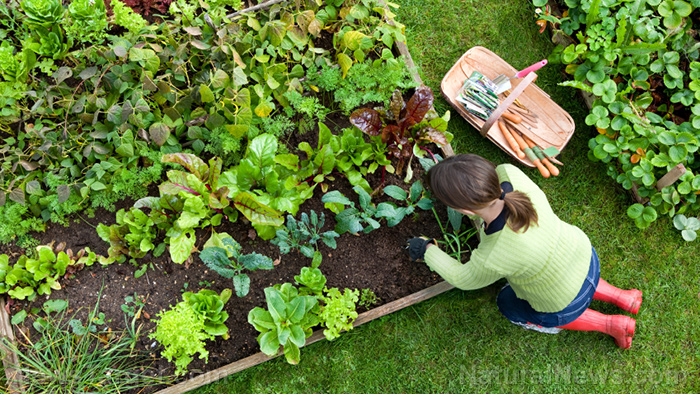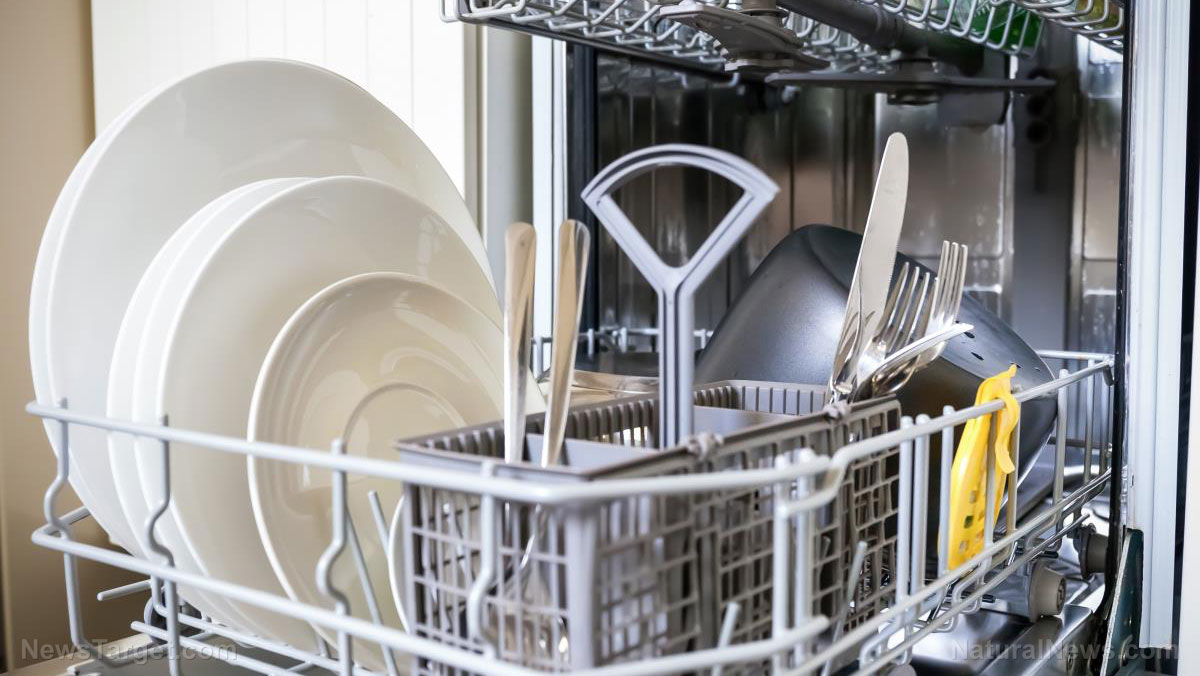
Preppers looking for a new home should consider seven important features, including location and terrain. If you're planning to move soon, read on to learn about these features so you can have a fortified homestead before SHTF. (h/t to PreppersSurvive.com)
Buy as-is and customize
Buying a home as-is may be a better option if you're on a budget.
This option requires some hard work, but this also means you can save a bit. Since as-is homes are usually fixer-uppers, they have a lower listing price.
This way, you can purchase a home at a reduced price and you can customize and equip it the way you want to.
Find a prepper-friendly location
As a prepper looking for a new home, you need to consider location.
Prepper-friendly location doesn't refer to hotspots and suburban centers. Instead, it refers to the details that make up a property.
When looking for the site of your future off-grid home, you need a location near natural resources like a river, spring-fed pond, lake or other naturally occurring water sources.
Ideally, the property should be near woods and secluded. Check if there are any restrictions on the land and if you can raise livestock freely.
Do your research before purchasing a property. Is the area prone to natural disasters like flooding or hurricanes? Are there safe evacuation routes for your family?
If you can't find a property in secluded areas, look for the last home on a dead-end road.
Look for property in ideal terrain
A lack of options in secluded areas may mean you have to settle for a location in a suburban neighborhood.
Going a little further out in the country means you have more options, like the top of a mountain with a great vantage point and lots of wood for fuel. Alternatively, you can settle for a home near manageable land for growing crops.
Avoid properties near rocky, mountainous or barely wooded plots. If you're going off-grid, you need a home near a place where you can get firewood and space to plant crops. If you plan to hunt, opt for a terrain that is preferable to the animals that you like to hunt.
Find land near a clean water source
Water is essential to your survival when SHTF. When choosing your home, find a location near a clean and natural water source.
Ideally, you should be able to set up a well if you don't want to depend on the grid for water. Another option is to work with public water by buying rain barrels and water storage containers.
Consider soil quality and look for arable land
If you're planning to start a home garden, you need to know what type of soil you'll have on your property.
There are six soil types: chalk, clay, loam, peat, sand and silt. All six types need to be worked differently if you plan on growing various crops.
Before purchasing land, do a soil test or identify the type of soil on the property so you know what you'll be working with.
Anyone planning to set up a homestead off-grid needs acreage when buying a property. Five to 10 acres is plenty for most folks who want to be self-sufficient with a garden and a few animals for their own use, but may not be enough if you plan to go into business raising livestock or crops.
Have storage space for your preps
If you plan on setting up a survival stockpile in your new home, check if the property has enough storage space for all your gear and supplies.
Once you're settled in, you need to finalize emergency preparedness plans for different scenarios and you will need spare rooms for storing your gear, weapons and supplies.
Choose a home with dry space for storing canned goods and other supplies and a climate-controlled storage room for grains and legumes. Setting up a secluded storage area in your home is also crucial if you want to hide your supplies from prying eyes. (Related: Homestead must-haves: 4 Off-grid amenities for your property.)
Defensive landscaping
Another important feature you should look for when buying property for your prepping needs is defensive landscaping.
Defensive landscaping refers to the use of shrubs, plants, trees, yard lighting and fences to fortify your home and keep out thieves and other unwanted visitors.
When choosing a home, the front of your home should be visible and look like your neighbors’ homes. This ensures that you won't stand out and attract the attention of burglars in the area. Prep discretely and don't post stickers or signs announcing that you have guns or a survival stockpile at home.
Prioritize privacy fencing once you've purchased a property. This ensures that you can use your backyard to store rain barrels before SHTF without the neighbors seeing you prep.
Use fencing to fortify your home garden, protect small livestock like chickens and rabbits from predators and keep out those who wish to do you harm when disaster strikes.
Visit Homesteading.news for more articles with tips on how to fortify your homestead.
Sources include:
Please contact us for more information.





















